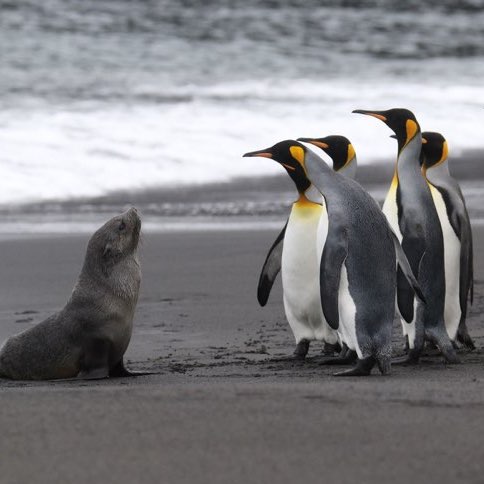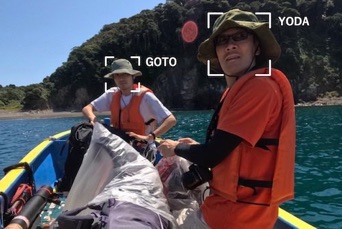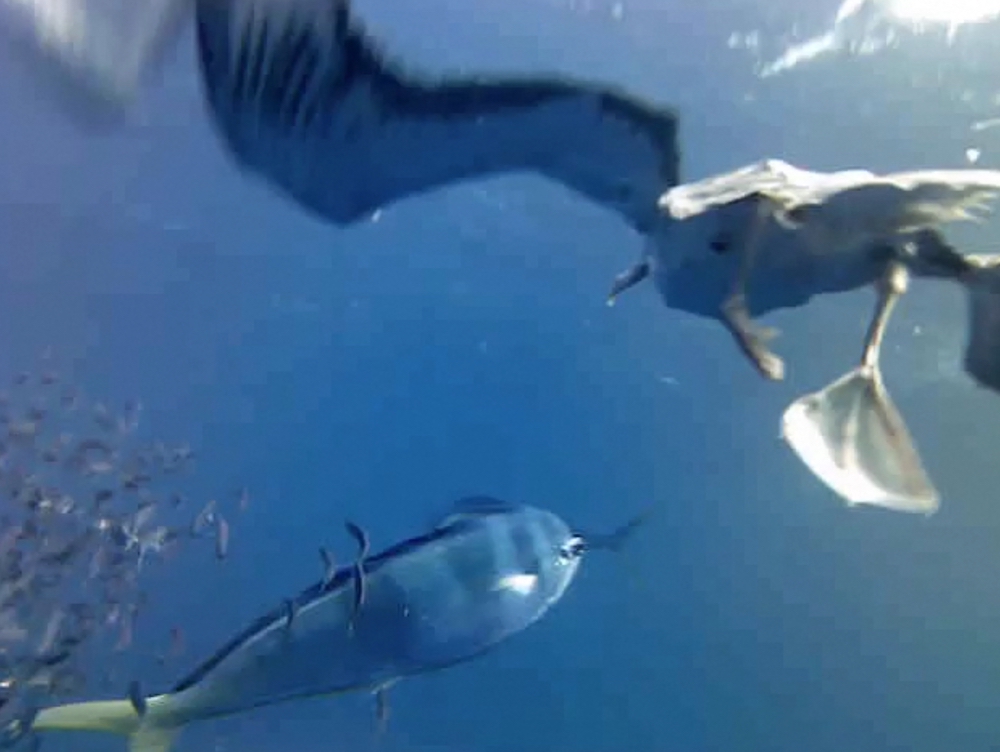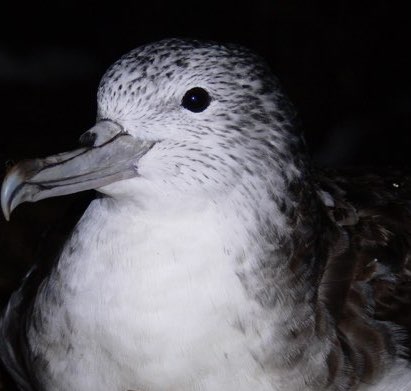ECOLOGY GROUP | YODA GOTO
There are no animals on earth that can not be tracked - K. YODA
Do. Or do not. There is no try - YODA
Located in NAGOYA (NAGOYA UNIVERSITY; Google Street View), a city in close proximity to TOYOTA named after the company, we conduct bio-logging research on various organisms such as birds and mammals living under natural conditions. Our research utilizes animal-borne data loggers to record GPS positions, video, speed, acceleration, temperature, neural activity, and sometimes with AI, allowing us to reconstruct the behavior of marine and terrestrial animals. In addition, we employ remote-sensing technology and physiological measurements in conjunction with animal behavior to examine their interactions with the environment. Furthermore, we analyze animal behavior using mathematical models. We believe these technologies enable us to use large animals as ‘model animals’ to test hypotheses related to foraging and/or life-history theories.
We are currently seeking graduate students and postdoctoral fellows to join our team. We highly encourage eligible people to apply for the JSPS Postdoctoral Fellowships for Foreign Researchers, which offers an excellent post-doc position. If accepted, you will have the opportunity to work in Japan for two years. Please do not hesitate to contact us if you are interested in joining our lab. We have had three JSPS post-docs from foreign countries (Peru, Switzerland, and Canada) who have successfully joined our team. Would you like to join us at the powerhouse of bio-logging research in Japan?
Principal Investigators:
Ken Yoda, Ph.D.
Professor of Behavior and Ecology
B.S., Kyoto University; Ph.D., Kyoto University; Postdoctoral, UC Santa Cruz
Yusuke Goto, Ph.D.
Associate Professor of Behavior and Ecology
B.S., The University of Tokyo; Ph.D., The University of Tokyo; Postdoctoral, CNRS CEBC
Languages used in the lab
Japanese, Yodish, R, Stan, Matlab, Python
Selected Publications (last 9 years)
Gunner et al. PLOS Biology (2025)
Goto et al. PNAS (2024)
Clark et al. Nature Communications (2023)
Lempidakis et al. PNAS (2022)
Takahashi et al. Science Advances (2022)
Maekawa et al. Nature Communications (2020)
Yamamoto et al. Current Biology (2019)
Goto et al. Science Advances (2017)
Yoda et al. Current Biology (2017)
Yonehara et al. PNAS (2016)





